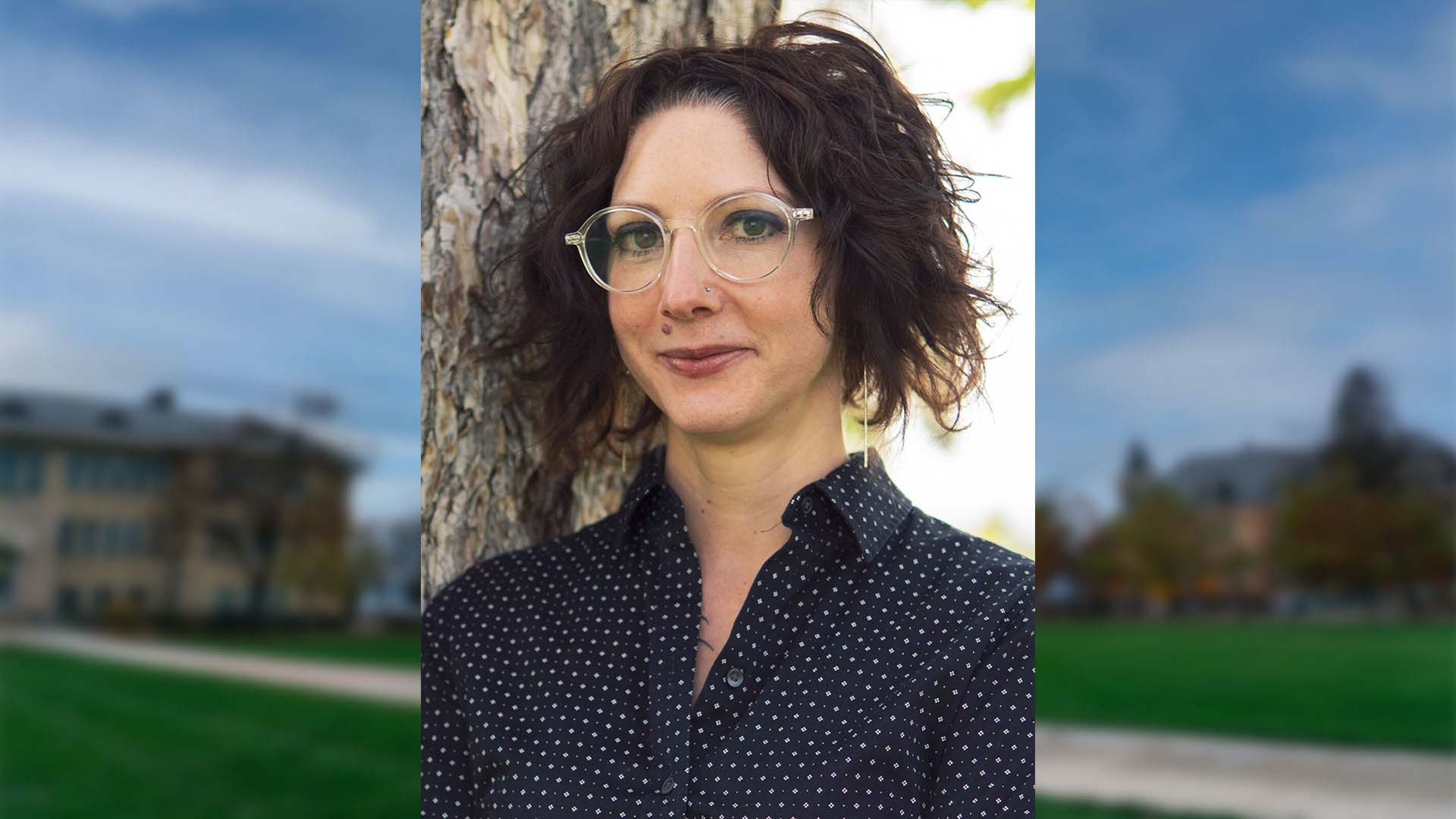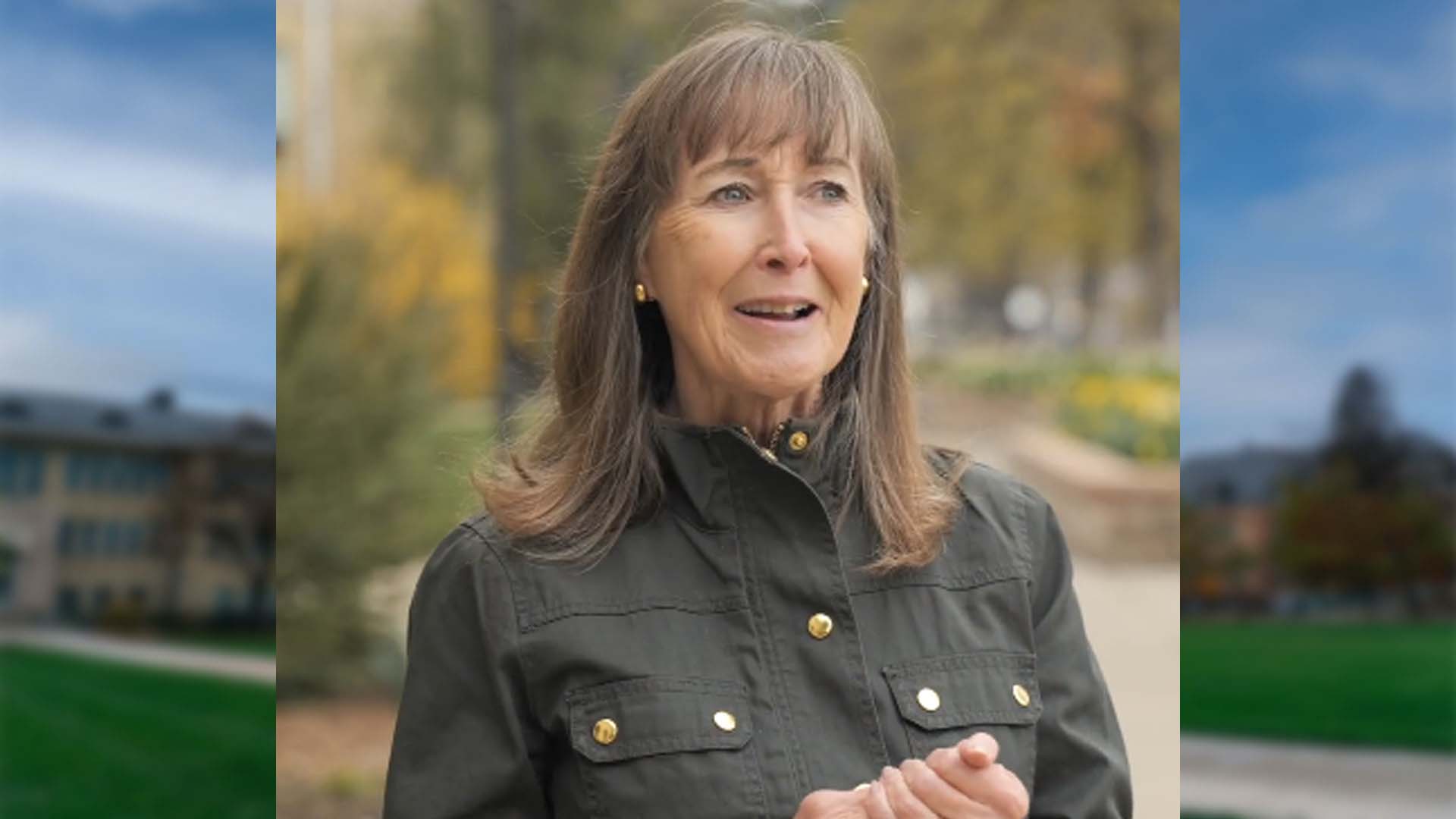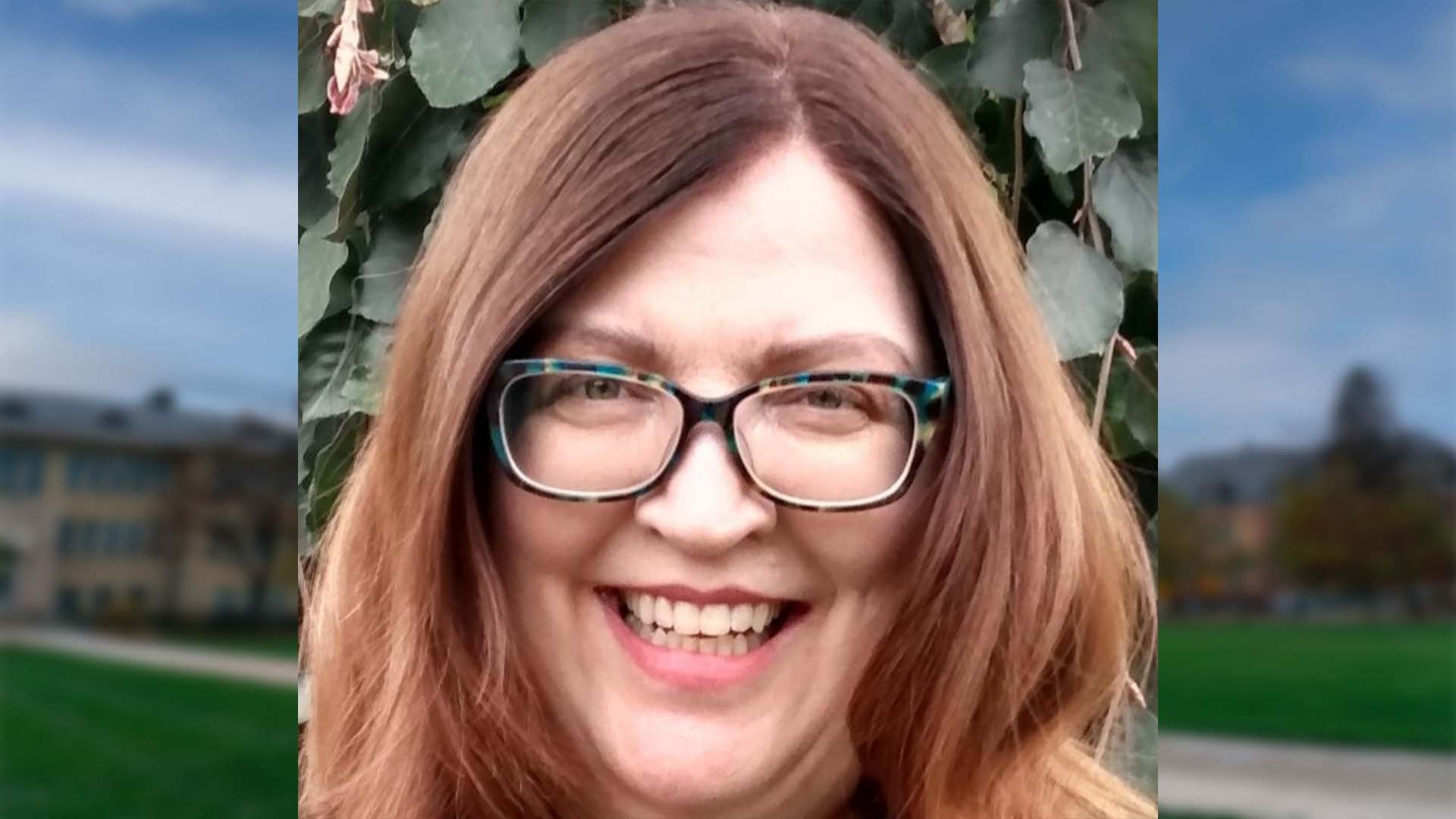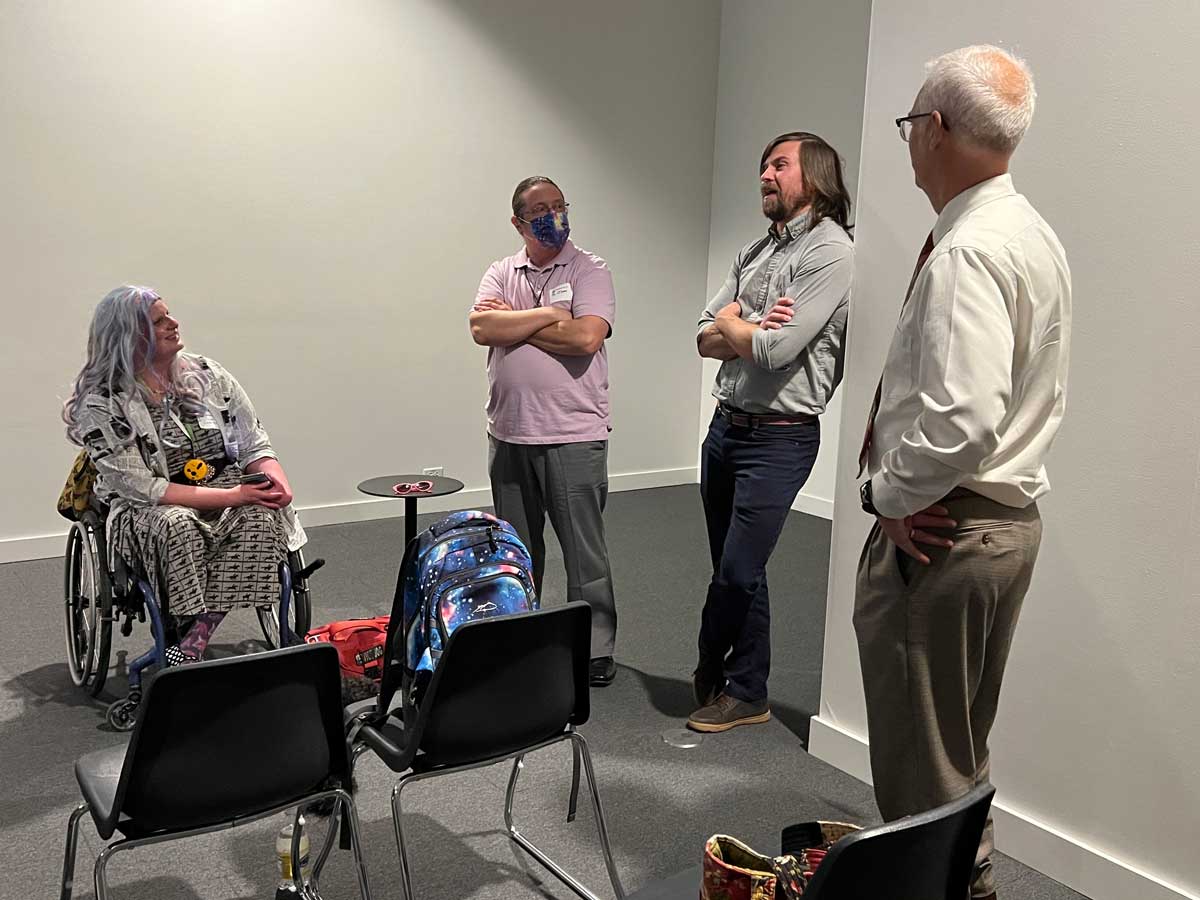National First-generation College Celebration Day

In honor of the National First-generation College Celebration day on November 8th, English Department faculty have shared some of their personal experiences working with and being first-generation college students. Each member responded to three questions: What do you love most about first-gen students? What do you wish first-gen students knew? How did being a first-gen student shape your experience (then and now)?
Associate Professor and Associate Dean Rebecca Walton says she loves the fresh perspectives first-gen students bring to class. She reflects, “Often first-gen students are thinking strategically about their assignments, for example considering how to customize or modify an assignment to fit a project at work or to address a topic that interests them. I like working with students to help them meet our class learning objectives in a way that they personally find interesting or fulfilling.” She hopes that first-gen students know it is okay to ask questions, especially to request clarification. In regards to her personal experience as a first-gen student, Rebecca says, “It made me a better listener and a better observer. Academic culture, vocabulary, and norms were unfamiliar to me, so I had to pay good attention—listening and observing—to figure out how to succeed.”

Distinguished Professor of English Joyce Kinkead notes, “As a first-gen student, I was aware that I didn't bring to college ‘insider’ knowledge; no one offered a ‘here's what it's like’ story. That's why when I was in a position overseeing undergraduate education, I worked to make opportunities more transparent to students. They can do undergraduate research, participate in a robust campus culture of arts and lectures, make a difference in the campus and community. It does mean putting yourself out there--and taking advantage of a true college experience. It's a real thrill to watch students succeed, but particularly first-gen students because I once was there myself.”

Lecturer Ashley Wells loves working with first-gen students because, “They offer necessary perspectives and fresh insights drawn from personal experiences.” She reflects, “I know many first-gen students can struggle with belonging, and I hope they know they belong here just as much as their continuing generation classmates. I am proud of being a first-gen student because I know I had to persist to pursue what I was passionate about. As a teacher, I draw from my experiences to create a class environment that supports first-gen students, which is good for all students.”

“I love working with first-gen students,” says Professor Christine Cooper-Rompato, “because they are usually super creative and have great stories to tell. I wish first-gen students knew that it’s good to ask for help from their teachers, advisors, departmental staff people, and so forth—many first-gen students think they have to figure everything out on their own. My parents immigrated to the US and I grew up in the US, but my parents had no idea about how high school or college worked. Luckily, I had a friend in high school who signed me up for the SATs and told me how to apply to college. Once I got to college, department staff members, advisors, and faculty were good sources of information—and college friends helped me figure out how to graduate on time and apply to graduate school.”

Beth Buyserie, Director of Composition and Assistant Professor, reflects, “Many first-generation students bring considerable knowledge from their lived experiences with them to college, and I love learning about their interests and expertise. I also value how many first-gen students are committed not only to their own education, but also to their families and communities. I love it when first-gen students take what they learn from my writing class and use their knowledge to give back to their communities.
I hope that all first-gen students know how much our life experiences can be an asset to our learning, coursework, and future careers. I excelled at some aspects of college in part because I had life experiences outside of the classroom to draw on. Our experiences are sources of strength, and I wish first-gen students know that they can bring their whole being into their learning. I also hope first-gen students know that they do not have to navigate college alone. There are many people on campus who want to help them navigate the often invisible expectations of college. Being first-gen still shapes my work and experiences. I don’t think the term ‘first-gen’ was common when I went to college, so I didn’t identify as a first-gen college student until later. However, my college years were marked by feelings of doubt in myself and my abilities (I didn’t graduate from high school, so that also factored into my feelings). As a teacher, being a first-gen student continues to shape my pedagogy. I intentionally design my classes so that students can draw on their lived experiences and prior knowledge to engage in course material. I model questions that I asked myself as a first-gen student so that all students know that it is okay to ask similar questions. I provide students with multiple opportunities to talk with me both inside and outside of class so that they practice the skill of dialoguing with faculty.”

Along with recognizing the first-generation faculty, the English Department also celebrates the many students that are the first to pioneer higher education in their families. For more information about USU’s National First-generation Celebration Events, students can visit the Aggie First Scholars Event page.









